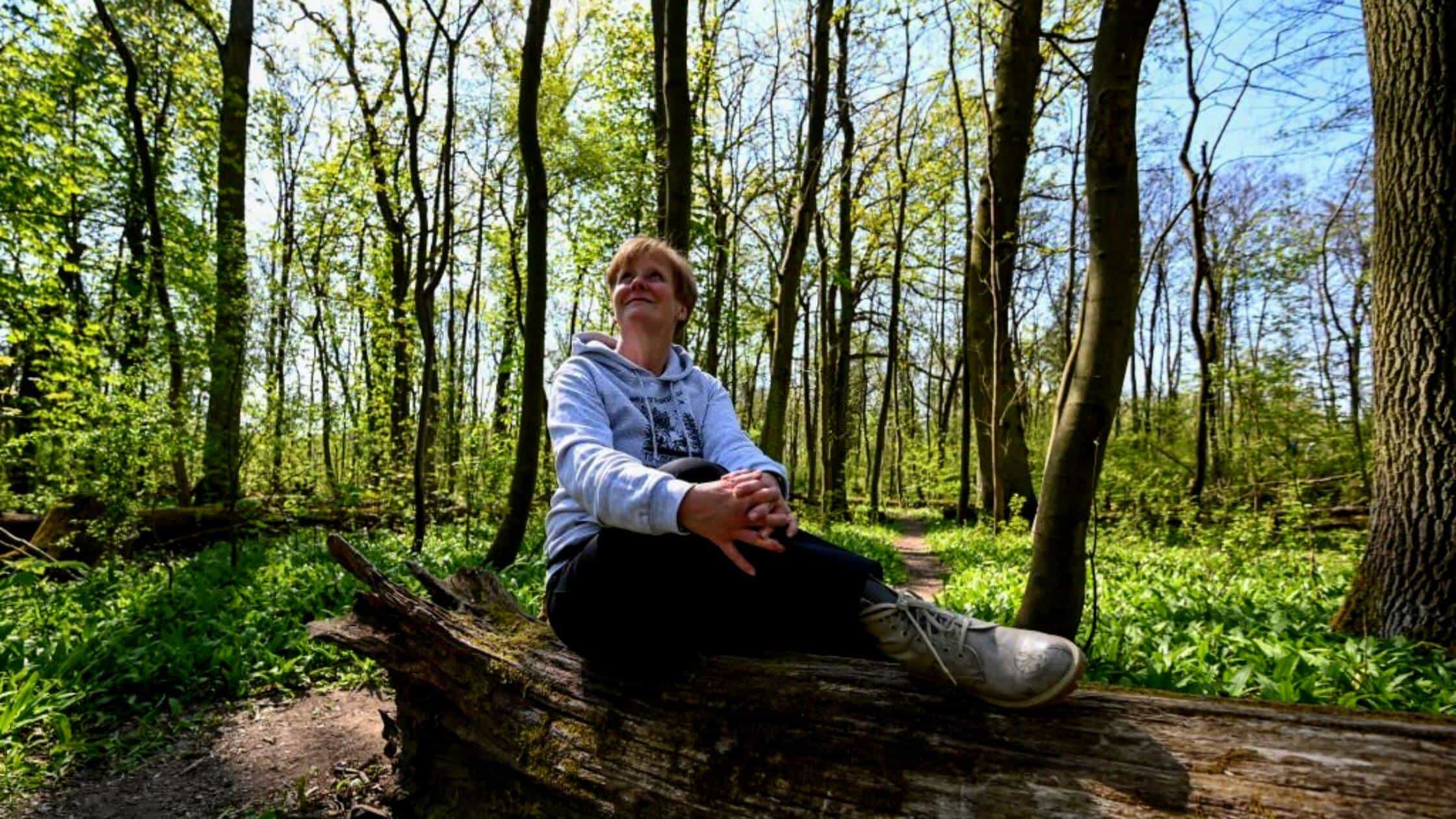Nature And Brain: Can Nature Reduce Stress?
Nikki Attkisson | Last Updated : September 26, 2022As globalization hits, the emergence of cities is on the rise. So many are moving to the cities to find better fortunes and comfortable lifestyles. But as city life is on the go, it has also led to the rise of many mental disorders too.
Mental disorders like Depression, Bipolar Disorder, Schizophrenia, etc have been found to affect the people in cities more. In ancient wisdom they say, the sun is the healer. It is true to some extent.
Scientific research has pointed out that the presence of Vitamin D in the body is linked to our overall mood and stress. Many doctors now have started to suggest their patients at least get 15-minute sunlight for their overall mental well-being.
How Does Nature Nurture The Brain For Stress Reduction?
Many studies have been conducted to find out how nature affects the brain and contributes to reducing stress. One such significant study was conducted by Lise Meitner’s Environmental Neuroscience Group which examined 63 healthy volunteers regarding this.
They have undergone a series of examinations on certain parts of their brain that are involved with stress. These volunteers were asked to go for a one-hour walk on Grünewald Forest or a busy street in Berlin and their amygdala activity was observed using functional magnetic resonance imaging tomography (fMRI).

The researchers found out that for those people who had gone for a walk in nature, their amygdala activity was considerably reduced after a one-hour walk. This has thrown the light on how nature affects the brain and stress in human beings.
So what these experiments have shown us is that even after a one-hour walk in nature, there is a considerable difference in the parts of the brain that are involved with stress reduction. So this proves how our physical environment can have a major effect on our mental health.
More From Powdersville Post:
🔵Stress Has The Potential To Strengthen Your Brain! Study
🔵Dynamic Brain Changes Are Caused By Severe Stress
According to some earlier reports published by Scientific Reports in 2017, people who lived near the forests have a healthier amygdala compared to those who live near the cities. So those who had a healthier amygdala had better ways to cope with stress than those who didn’t.
Spending time consistently in the presence of nature can bring positive changes to your overall health. Some of the activities like gardening, walking your pet, making a fish pond, etc can increase your time spent with nature. The positive effects of spending time with nature include:
- It can elevate your mood
- It can decrease the feelings of stress or anger
- It can make you more relaxed
- It can increase your confidence and self-esteem
- Connects you to other people and the community
- Decrease loneliness
- Enhance your physical health, etc.
Many studies have already pointed out the fact that nurturing something else can make you care more for yourself. This is the same thing that happens when you spend quality time in nature and engage in activities like walking your pet, gardening, etc.
Research regarding ecotherapy which is a form of therapy that is used to deal with mental disorders like Depression proves this point. In ecotherapy, the patient is asked to spend some time with nature. This has shown a considerable change in brain activity and has proven to result in betterment.
Studies have shown that being outside directly under sunlight can be helpful for people who have Seasonal Affective Disorder (SAD). This is a specific type of depression that affects people during some specific times of the year.
Right now further studies are on the go regarding how nature can positively affect our brains. We can hope that this will lead more light into the realms of psychology and neurological studies.
References:
🔵National Library Of Medicine (n.d) Physiological Benefits of Viewing Nature: A Systematic Review of Indoor Experiments (Available On):https://www.ncbi.nlm.nih.gov/pmc/articles/PMC6926748/
🔵Science Direct (n.d) The benefits of nature experience: Improved affect and cognition (Available On):https://www.sciencedirect.com/science/article/abs/pii/S0169204615000286
With over 15 years as a practicing journalist, Nikki Attkisson found herself at Powdersville Post now after working at several other publications. She is an award-winning journalist with an entrepreneurial spirit and worked as a journalist covering technology, innovation, environmental issues, politics, health etc. Nikki Attkisson has also worked on product development, content strategy, and editorial management for numerous media companies. She began her career at local news stations and worked as a reporter in national newspapers.